Slitterhead is the first title to come out of Bokeh Game Studio, a development team founded by Keiichiro Toyama, known for creating the Silent Hill and Siren series. Coming from the man responsible one of the most iconic horror franchises ever, I was expecting Slitterhead to be at least one of two things: 1) really scary or 2) have a really messed-up and engrossing story – neither of these are present. After spending almost 20 hours in the game, I, unfortunately, walked away feeling disappointed, bored, frustrated, and genuinely disengaged with the package that was laid out in front of me.
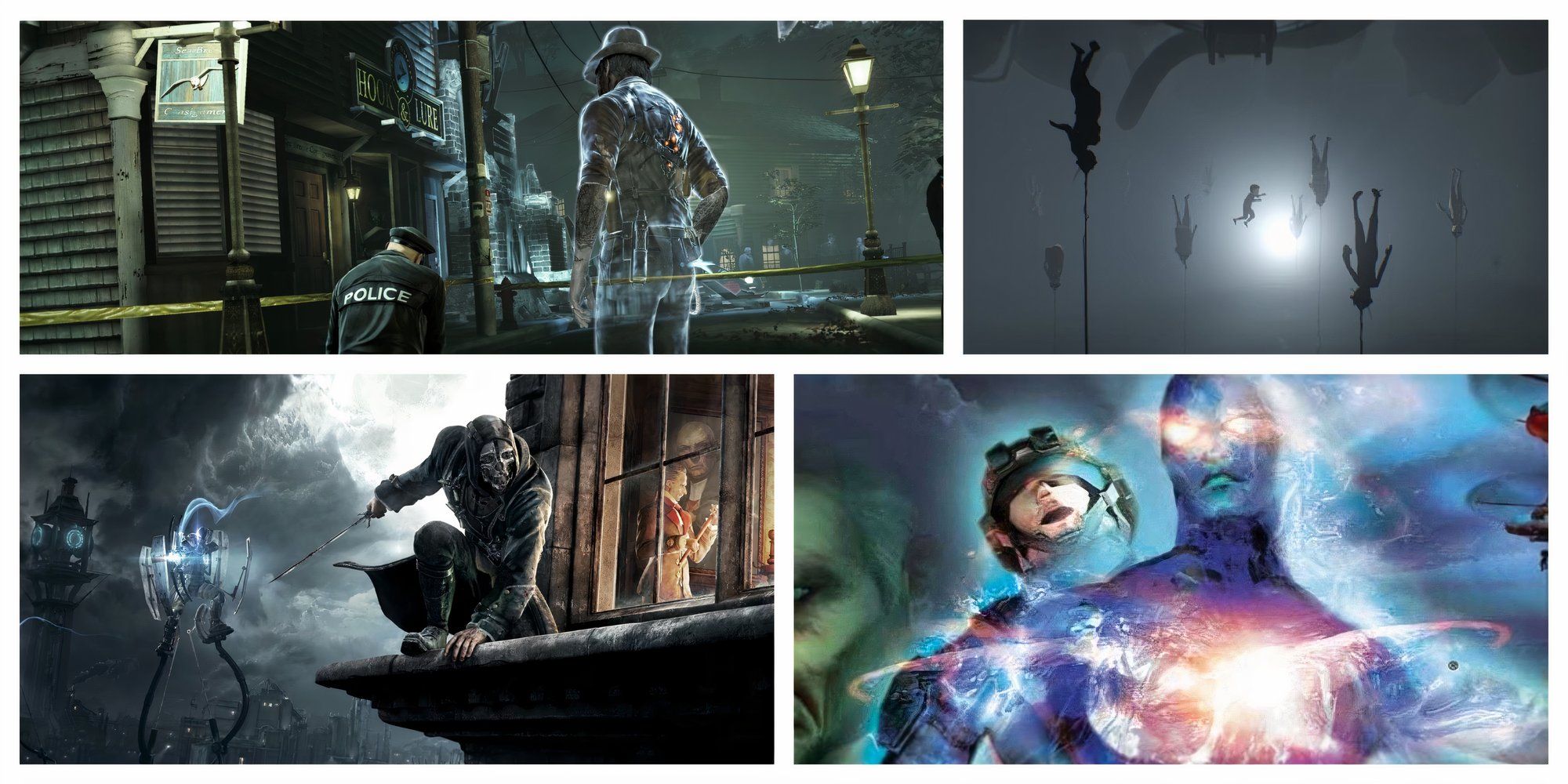
Related
9 Horror Games With Possession Mechanics
Possession is a great scare tactic for horror villains, but it can also make for spooky gameplay when the player character can possess other NPCs.
Slitterhead puts you into the shoes of a body-less spirit that can possess almost any NPC during the semi-linear story missions throughout a fictional Chinese city called Kowlong. You can float, hover around, and then jump into most bodies, which can be used as puppets to fend off the enemies known as Slitterheads. These are monsters that you fight throughout the game, and they don’t have that much variation.
You either fight worm-like Slitterheads, baby forms that can be taken down in a hit, regular Slitterheads that are pretty tough to take down, and then the Slitterheads will sometimes transform into boss-like, Resident-Evil-like monstrosities that require more effort to kill. And as you fight off these enemies, you can bounce around from NPC to NPC and use blood weapons. All the NPCs will have the same type of moves to use, but if you switch to another NPC during battle, that character will get a small health and damage bonus.
For a large chunk of the game, you spend time using these NPCs in battle, but they aren’t fun to play. Instead of the melee hits feeling and sounding satisfying, it feels like you’re fighting with a wet sponge. The attacks are slow, the movements can be wonky and stilted, the NPCs don’t look great, and worst of all, you don’t get opportunities to learn new moves.
What does make the combat feel a little bit better, though, are the Rarities. The Rarities are the main cast of playable characters in Slitterhead. You start with a young girl named Julee, who essentially has Wolverine blades, and then, as you progress through the story, you’ll unlock the rest. Each one not only has a different melee weapon, but they also each have special skills and effects. You can usually choose two different Rarities per Mission (sometimes a mission will have a required Rarity, but only if the narrative has something to do with a certain Rarity).
Most of them do have unique and fun powers to check out – one is an old lady who fights with a cane and another, a man named Edo, has a paper bag over his head and fights like a Street Fighter character. Unfortunately, while the Rarities are cool in concept, they don’t make battle encounters better. Since you gain them throughout the story, the last few that join your team rarely get any screen time, making them feel less memorable than the first batch. They also don’t feel special or add much to the overall story besides two or three of them (there are eight in total). The main narrative has no focus on the others, and it seems like the game could’ve cut 75% of them.
And for some odd reason, one of the Rarities joins your party at the halfway point of the game without explanation. He’s a military guy, but the game doesn’t explain why he can fuse with the spirit and why he is there in the first place. And there will be two or three times throughout the story where you won’t be able to get any new missions until a new Rarity is found.
Past missions you’ve completed will show if there’s evidence of a Rarity to be found, so you must replay stages until you figure out where to find the Rarity in question. And the worst part is that the game does not telegraph it to the player. It barely gives any hints how to get past the progression block, so I was left multiple times replaying levels with different characters, trying different things to find the Rarity. There’s also a part when you need the last Rarity towards the end of the game, but none of the levels have a Rarity for you to find. It turned out there’s a certain collectible you need to find to unlock the last Rarity and beat the game.
The mission structure in Slitterhead is pretty linear, you get dropped into a different part of this fictional version of ’80s/’90s China for each. Without spoiling anything, you end up with the power to time travel through different parts of the story, which leads to repeating some sections.
While each mission mostly takes part in different city sections, once you get to the middle of the game, you’ve seen it all. You go through the same alleys repeatedly, chase Slitterheads on the same rooftops repeatedly, and there isn’t a lot to make the settings stand out. There’s not much to look at, and besides some hidden Slitterhead fights and the odd currency spots, there’s no reason to jump back into the game after rolling credits.
The body-swapping mechanic of Slitterhead and being able to control these wildly different characters in an Asian city full of creepy monsters sounds appealing, but unfortunately, this horror/action does not bring the spooks at all and, frankly, isn’t enjoyable to play. If you’re someone who likes a somewhat janky brawler that feels like it came out of the PS2/360 era, there might be something of value here, but otherwise, it’s hard to recommend this one.
Slitterhead launches on November 8 for PC, PS4, PS5, and XSX/S. Game Rant was provided with a PC code for this review.
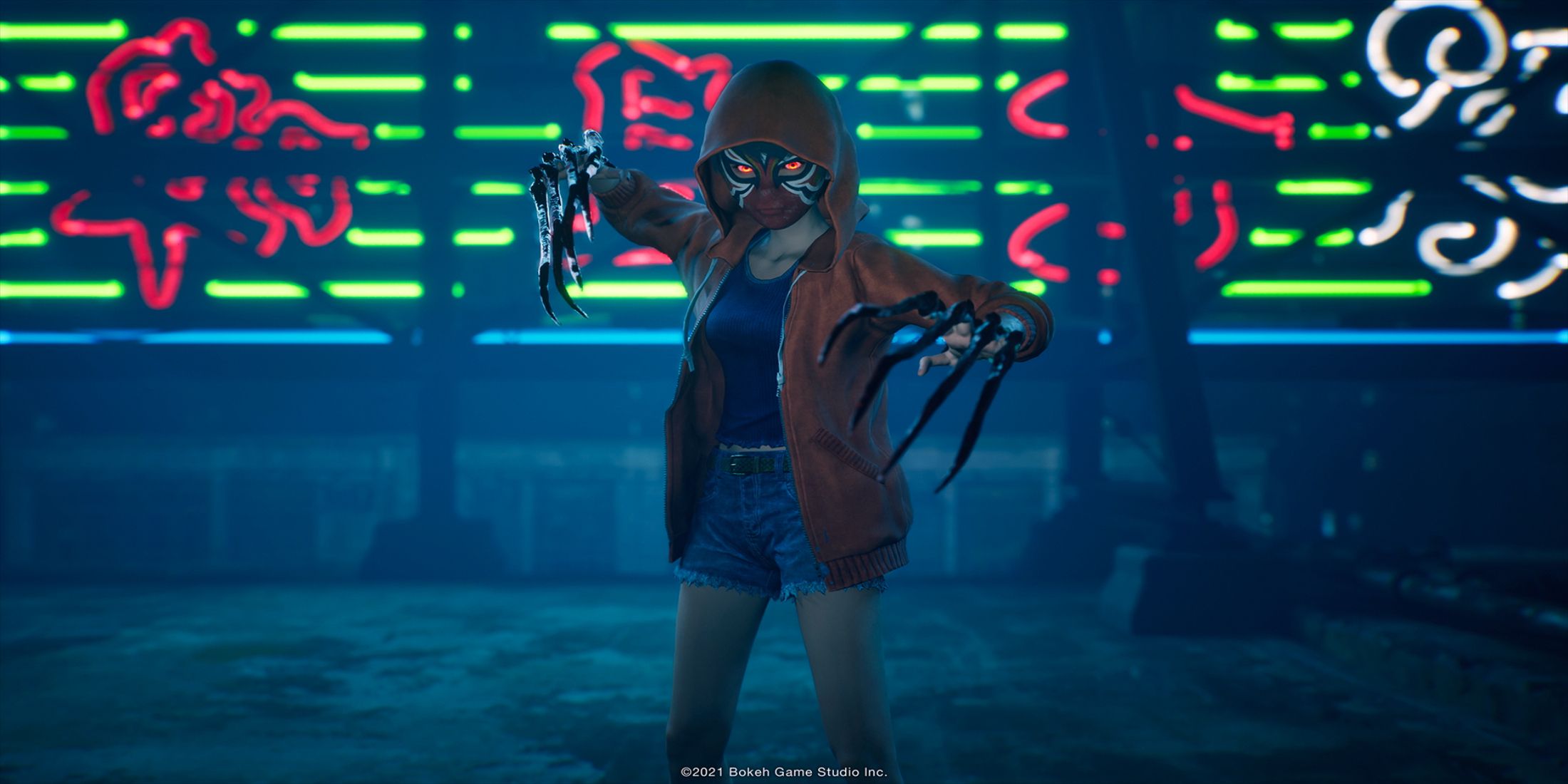
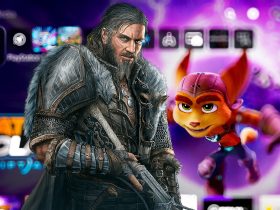
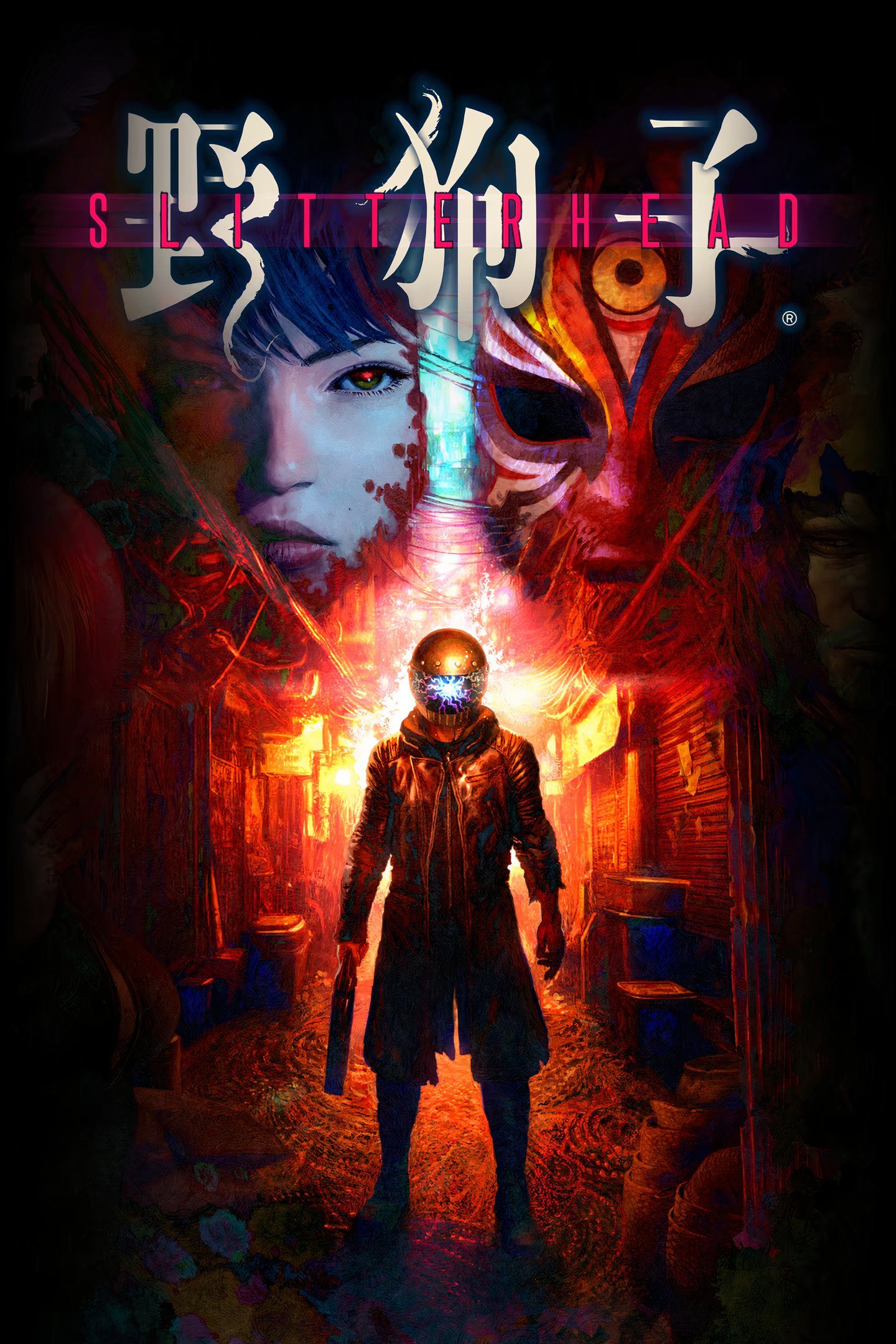
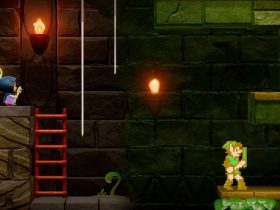




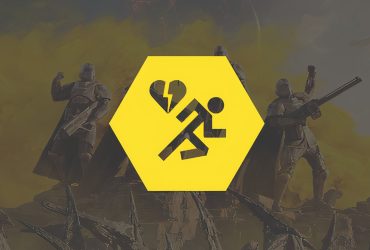
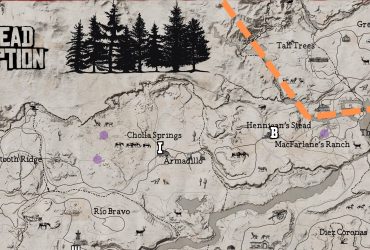


Leave a Reply